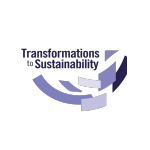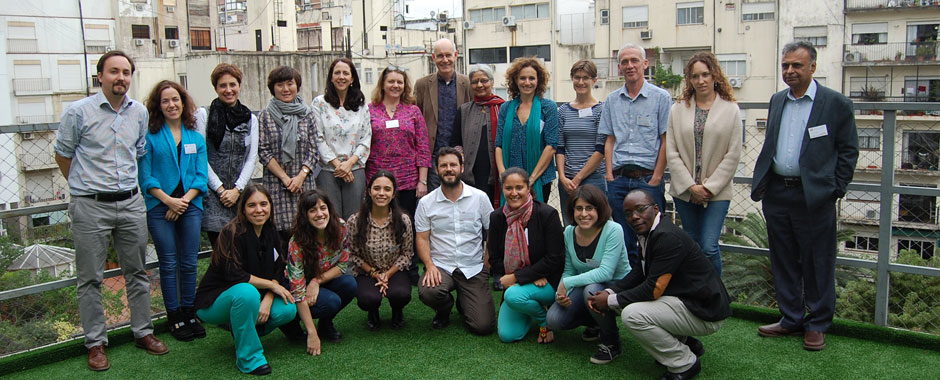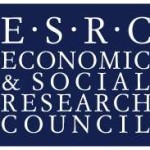The ESRC STEPS Centre is delighted to have won an International Social Science Council (ISSC) seed grant under the new Transformations to Sustainability Programme. The ISSC programme aims to build the knowledge partnerships needed for longer-term research on the fundamental innovative processes of social transformations towards sustainable and equitable futures.
(ISSC) seed grant under the new Transformations to Sustainability Programme. The ISSC programme aims to build the knowledge partnerships needed for longer-term research on the fundamental innovative processes of social transformations towards sustainable and equitable futures.
Led by Director Professor Ian Scoones, STEPS Centre researchers are working with partners in  Argentina, India, China, Kenya, Sweden and the USA on the project, entitled: ‘Pathways’ Network: Transformative Pathways to Sustainability. The network will pioneer new approaches to engender the far-reaching global transformations urgently needed in a world of entrenched poverty, rapid urbanisation and unprecedented environmental change.
Argentina, India, China, Kenya, Sweden and the USA on the project, entitled: ‘Pathways’ Network: Transformative Pathways to Sustainability. The network will pioneer new approaches to engender the far-reaching global transformations urgently needed in a world of entrenched poverty, rapid urbanisation and unprecedented environmental change.
The Constructing Pathways to Sustainability Network will be centred on interdisciplinary integration, inclusive design, co-production and joint dissemination, and will provide the evidence base for a step-change in how innovative social science applications are used to respond to real-world challenges.
The Network will focus on understanding and constructing pathways to sustainability across three areas:
- water and waste in sustainable cities
- low carbon energy transitions for the poor
- sustainable agricultural and food systems for healthy livelihoods
It will draw on cutting-edge social science from Africa, Latin America, East and South Asia, Europe and North America, bringing together researchers and knowledge partners from across each region to build a global consortium with the potential for lasting impact.
The ISSC awarded 38 seed grants from 500 applicants. The grants are designed to help researchers prepare for the main call for Transformative Knowledge Networks. The Transformations to Sustainability Programme will promote research on the fundamental and innovative processes of social transformations needed to secure effective, equitable and durable solutions to some of today’s most urgent challenges of global change and sustainability. They include, for example, climate change, biodiversity loss, water and food security, energy production and consumption, rapid urbanisation and their complex interactions with persistent poverty, growing inequalities, and social discontent and are more urgent in developing countries.
For more information, visit the project page.
Funding acknowledgements
- This material is based upon work supported by seed grants from the ISSC under the Transformations to Sustainability Programme. The Programme is funded by the Swedish International Development Cooperation Agency (Sida) and serves as a contribution to Future Earth. Supplementary support for seed grants is provided by the Swedish Secretariat for Environmental Earth System Sciences (SSEESS), the Netherlands Organisation for Scientific Research (NWO), the Economic and Social Research Council (ESRC) UK through the Newton Fund and the National Research Foundation of South Africa.
- The opinions, findings and conclusions or recommendations expressed in this material are those of the author(s) and do not necessarily reflect the views of the ISSC, Sida, other sponsors of the Transformations Programme or Future Earth.

